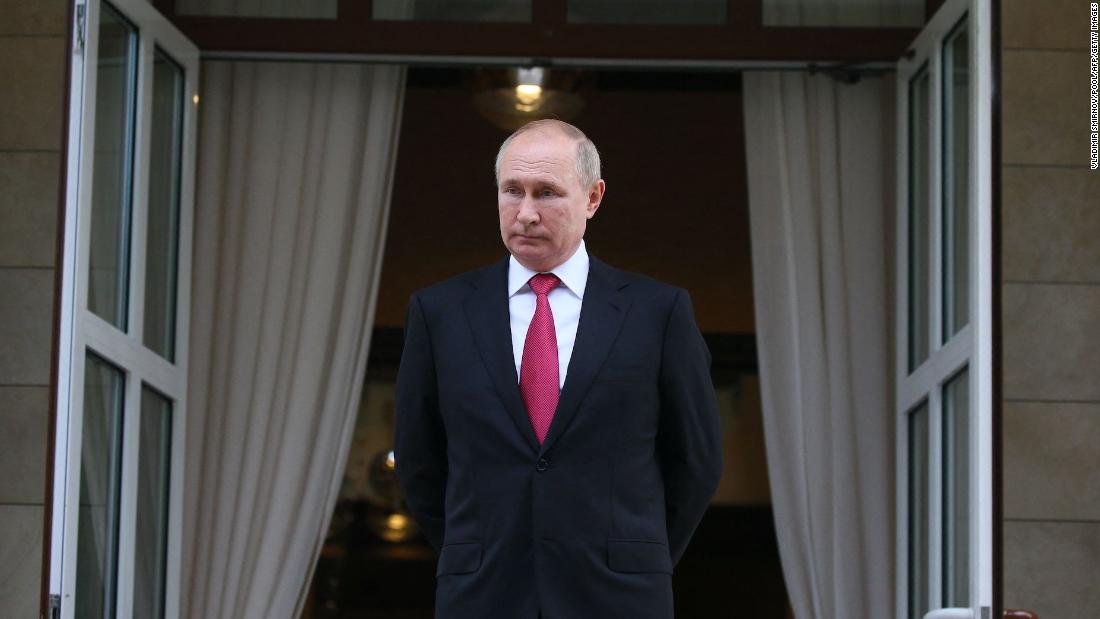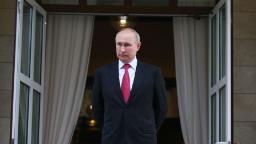

As world leaders gathered at the United Nations in New York and condemned him, Russian President Vladimir Putin was back home, scrambling to refill his depleted war machine.
Putin’s foreign minister, Sergey Lavrov, was notably absent on Thursday as the US Secretary of State Antony Blinken delivered a blistering soliloquy to the UN Security Council, documenting what he referred to as Russia’s war crimes since February.
“If Russia stops fighting, the war ends. If Ukraine stops fighting, Ukraine ends,” Blinken said, pledging the US would maintain its growing support for Ukraine.
Russia’s military divided as Putin gets directly involved
CNN’s Katie Bo Lillis reported Thursday that Putin is giving directions directly to generals in the field, suggesting a level of micromanaging rare in modern warfare and evidence of the Russian military’s dysfunction that the Ukraine war has uncovered.
Which Russians will this mobilization affect?
The cost to Russia has been well documented, but these new reports of reaching into its citizenry and its jails suggest a new chapter of militarization.
In a speech, Putin advertised the “partial mobilization” as being focused on reservists with prior military experience. But the fine print of his written decree raised questions about whether any able-bodied person could be forced into uniform.
CNN’s international team noted: “The ultimate significance of the apparent discrepancy is not yet clear. And it remains to be seen if the Kremlin has the appetite for a wider mobilization across the general civilian population.”
There is evidence that some Russians aren’t interested in waiting to find out how far the mobilization will go.
Dragging more Russians into the war
Russia can’t support new troops
“If they end up facing Ukrainian guns on the front lines,” Lendon wrote of the call-ups, “they are likely to become the newest casualties in the invasion Putin started more than seven months ago and that has seen the Russian military fail at almost every aspect of modern war.”
Lendon cited the open source intelligence website Oryx, which uses only losses confirmed by photographic or video evidence to document Russia’s loss of more than 6,300 vehicles, including 1,168 tanks, since the fighting began.
Dissidents see progress
“I greatly know the price of protesting in Putin’s Russia. And this price is growing day by day, with Putin getting more and more uncomfortable about his position in the geopolitical arena.”
But she said the movement against him is growing.
“People who oppose Putin, they have real power, and that’s the reason of Putin’s repressions on us,” she said. “We’re building (an) alternative Russia with values that are different from Putin’s values. We want to be part of the Western civilization.”
Crisis of democracies
While the news out of Russia seems very bad for Putin and the news out of Ukraine suggests the Ukrainian military continues to outperform all expectations, it is still hard to fathom a change of leadership there.
The same is not true in democracies, where leaders come and go. So it is worth also monitoring another geopolitical story out of the UN meeting in New York that may ultimately be one of the fragility of Western democracies.
In an exclusive US interview with CNN’s Jake Tapper, French President Emmanuel Macron warned of this crisis.
“I think we have [a] big crisis of democracies, of what I would call liberal democracies. Let’s be clear about that. Why? First, because being open societies and being open and very cooperative democracies put pressure on your people. It could destabilize them,” Macron said.
This story has been updated with additional information.
